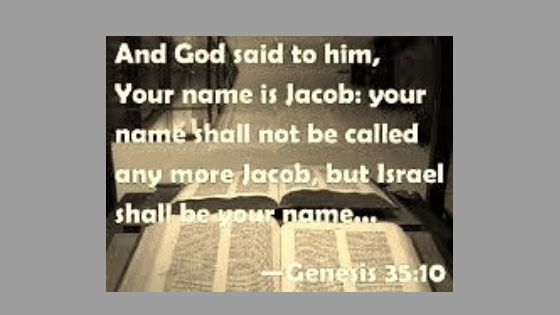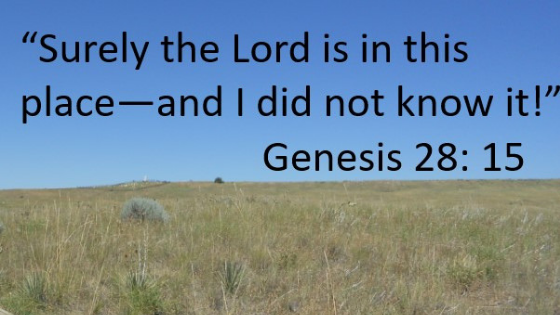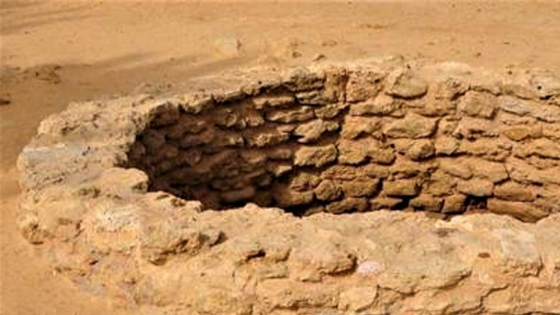
Shabbat Table Talk
Parashat Sukkot– Chol HaMoed, 6th October 2017
Week of 1st October – 7th October2017
Torah portion: Exodus 33:12 – 34:26 Haftarah: Ezekiel 38:18 – 33:15
There are now wonderful celebrations of the great festival of Sukkot which at its core lie thanksgiving and joy: “You shall rejoice before the Lord your God seven days in the year.” (Lev 23:40). Not long ago when the Jewish year began with Rosh HaShanah, a new beginning started with hope and anticipation for what is to come. Now it is customary to dwell in a temporary shelter which is vulnerable to the elements. Parashah for Shabbat which occurs during the celebration tells us about Moses’ intimate talk with God. Though Moses is praying for his people, he is experiencing doubts about the ways God’s promise will be fulfilled: “let me know Your ways, that I may know You and continue in Your favour.” (Ex 33:13) The dialog is concluded by God’s instruction for the set of the new tablets with the commandments. (Ex 34:1) The first set was, as we learn from Y. Nissenbaum, fashioned by God alone. The second set will be a joint divine-human effort and was written with a greater knowledge of human weakness. Another part of the Torah read on the Sabbath is taken from The Books of Numbers (Num 29) and describes the origination of the feast of Sukkot. Finally the verses of the havtarah are part of the extended doom prophecy against “God of the Land of Magog.”
Moses’ pilgrimage to the Promised Land, and the later Israel hopes for restoration, was shaped by uncertainty about what future will bring. The ability to contemplate the future and imagination about possible outcomes are the things which set apart humans from other beings. Unfortunately the ability on its own is very ambiguous and not always giving humans foundations for proper action. Both fear and hope may be born in a human heart which prompts to actions or indifference. Fear may prompt us to take action the result of which we may find we are misguided. Hope without foundation prompts to not taking proper care about the future. Surely our present moment and the action we take are modelled by what we expect. No wonder media every couple of year report that the end of the world is imminent leaving many people feeling helpless.
The Bible takes care of our ability to contemplate the future both when we expect the worst and the best. It deals with the worst nightmares and the greatest hopes, doom and salvation and fragility of peace. The haftarah describing doom of Israel’s enemies sees his restoration through purification of the land. The significance of all the future events is disclosed by common knowledge of God among the nations: “the nations shall know that I am the Lord.” (Ez 36:23) The miracle happens when humans contemplating the future encounters God’s promise. It surely does not mean seeing everything through rose-coloured spectacles but is making allowance for God. As Moses talking with God we are all invited to become partners with God shaping our future world. The tablets with commandments are tokens of humans being so privileged as God’s partners. It surely is a source of joy which for the days of celebration of Sukkot is a commandment.
Reflection and Discussion: 1. How I use my human ability to contemplate the future? Am I aware that through the commandments I am not a passive receiver of the future events? Do I make allowance for God when I think about the future?
Bibliography: Etz Hayim, Torah and Commentary (New York, 2001), www.reformjudaism.org – The Sukkah and the Fragility of Peace by Neal Katz
This week’s teaching commentary was prepared by
Fr Mariusz Dabrowski, M.Th., Poland,
Bat Kol alum 2011, 2012
xmarius0@gmail.com
[Copyright © 2017]
…………………………………………..…………
PLEASE NOTE: The weekly Parashah commentaries represent the research and creative thought of their authors, and are meant to stimulate deeper thinking about the meaning of the Scriptures. While they draw upon the study methods and sources employed by the Bat Kol Institute, the views and conclusions expressed in these commentaries are solely those of their authors, and do not necessarily represent the views of Bat Kol. The commentaries, along with all materials published on the Bat Kol website, are copyrighted by the writers, and are made available for personal and group study, and local church purposes. Permission needed for other purposes. Questions, comments and feedback are always welcome.
………………………………………………………
Bat Kol Institute for Jewish Studies, Jerusalem
1983-2017
“Christians Studying the Bible within its Jewish milieu, using Jewish Sources.”
Website: www.batkol.info; Commentary Admin: gill@batkol.info



